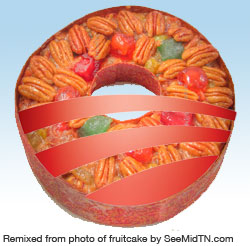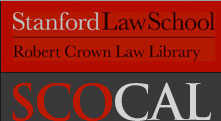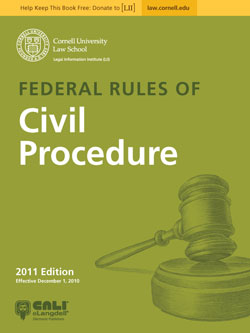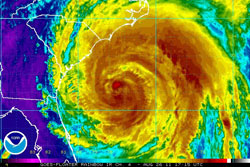 Now that November is in the rear-view mirror, it is time to start planning for the upcoming holiday season. If you are having problems coming up with the perfect gift for your family members or friends, consider the plight of those who have to buy gifts for the man who has everything.
Now that November is in the rear-view mirror, it is time to start planning for the upcoming holiday season. If you are having problems coming up with the perfect gift for your family members or friends, consider the plight of those who have to buy gifts for the man who has everything.
For gifts that are worthy of the Most Powerful Man on Earth, you can browse the lists of gifts received by the President (as well as other federal employees) from foreign government sources for yuletide inspiration: 1993, 1994, 1995, 1999, 2000, 2001, 2002, 2003, 2004, 2005, 2006, 2007, 2008, and 2009.
However, the U.S. Constitution prohibits the President and other persons in office from accepting presents from any King, Prince or foreign State without the consent of Congress. Article I, Section 9, Clause 8. Accordingly, these gifts are disposed of pursuant to the regulations concerning the utilization, donation and disposal of foreign gifts and decorations. 41 C.F.R. § 105-42.5. Most gifts are sent to the Archives, transfered to the General Servies Administration or retained for display or official use.


 Our friends at
Our friends at  A hat tip to our friend
A hat tip to our friend 
 It’s the fifth anniversary of Open Access Week and I thought I’d pull together some resources to mark the occasion for folks who might be interested in learning more about its impact on legal scholarship and free law. (NB: Hat tips to
It’s the fifth anniversary of Open Access Week and I thought I’d pull together some resources to mark the occasion for folks who might be interested in learning more about its impact on legal scholarship and free law. (NB: Hat tips to  As readers of this blog, you probably already know that we at Justia are big fans of universal citation. With that said, I wanted to give you all a heads up that
As readers of this blog, you probably already know that we at Justia are big fans of universal citation. With that said, I wanted to give you all a heads up that  As
As